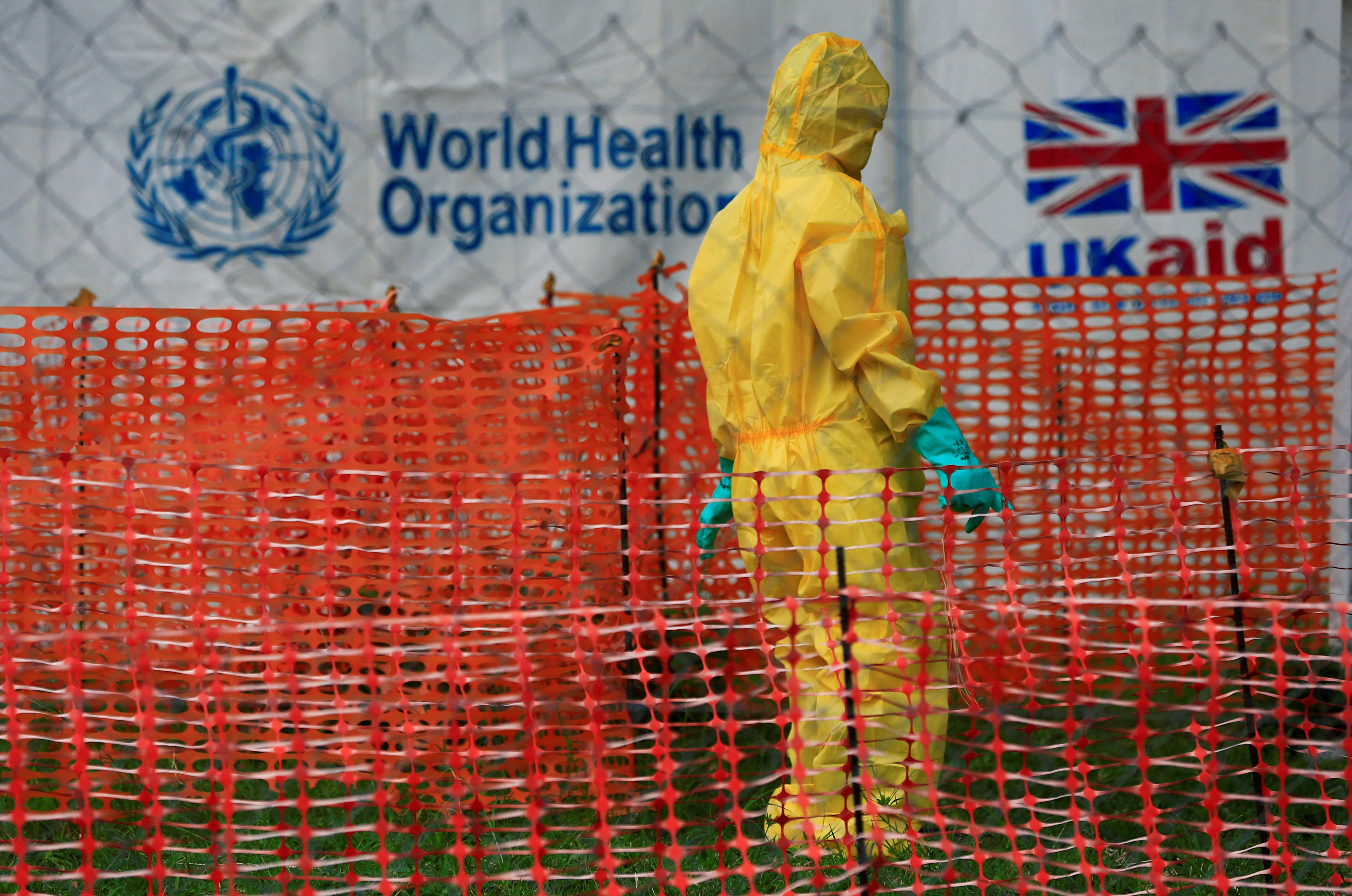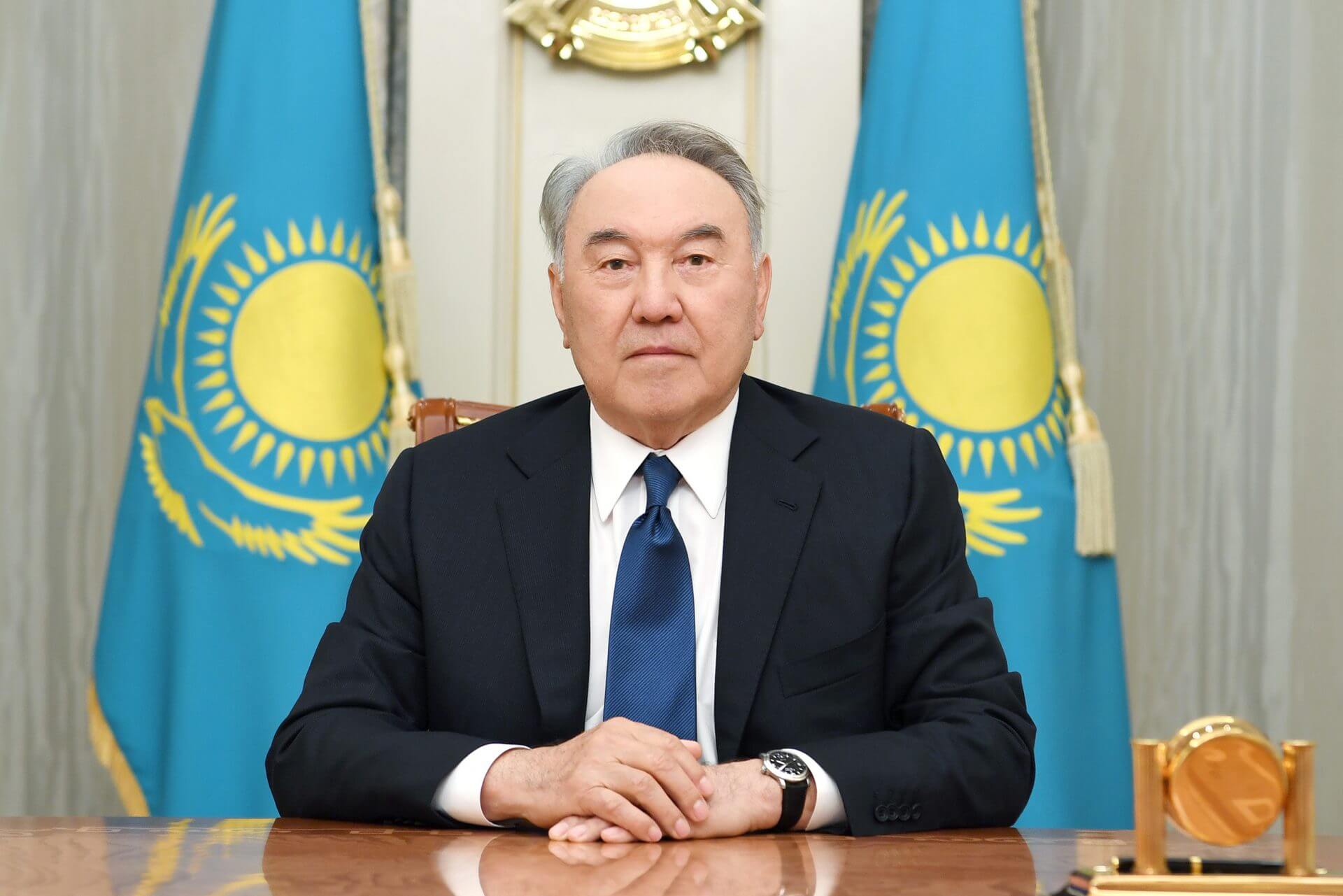South Asia
The Turkish government will deport 5,000 Afghan refugees who entered the country without legal documents. Ankara has previously been accused of mistreating migrants and deporting them despite the lack of assurance about their safety in their countries of origin. [Khaama Press News Agency]
Sri Lanka summoned Canada’s Acting High Commissioner, Daniel Bood, to the Foreign Ministry on Wednesday to protest Ottawa’s decision to sanction four government officials, including former Presidents Gotabaya Rajapaksa and Mahinda Rajapaksa. [Colombo Page]
Central Asia and the Caucasus
Kazakhstan’s Constitutional Court on Wednesday repealed the law on the first President Nursultan Nazarbayev. The law gave Nazarbayev lifetime privileges, including retaining the position as the head of the National Security Council despite stepping down as President. Furthermore, Nazarbayev’s name will be removed from the constitution and he will no longer be referred to as elbasy (leader of the nation). [RFE/RL]
Amnesty International called on Azerbaijan to end the blockade of the Lachin Corridor, the only road connecting Armenia with Nagorno-Karabakh, on Wednesday. The group said the roadblock has rendered the Armenian population in the region “without access to essential goods and services.” [Public Radio of Armenia]
East and Southeast Asia
The UK and Japan on Wednesday signed a new defence deal, which will allow British troops to be stationed in Japan. British PM Rishi Sunak said the Reciprocal Access Agreement was “hugely significant,” as it “cements our commitment to the Indo-Pacific and underlines our joint efforts to bolster economic security.” [AFP]
The World Health Organisation (WHO) on Wednesday said that China’s lack of data was making it challenging for the organisation to help the country manage the risks of mitigating a COVID-19 surge over the upcoming Chinese New Year. “To understand better, we require that data,” said Abdi Rahman Mahamud, director of the WHO's alert & response coordination department. [Reuters]
Europe
The EU and North Atlantic Treaty Organisation (NATO) announced their decision to cooperate to protect their critical infrastructure, given the threat posed by Moscow “weaponising” energy. The decision came in response to last year’s attack on the Nord Stream gas pipeline, for which Russia and Western countries have exchanged blame. [Al Jazeera]
On Wednesday, the Estonian Foreign Ministry announced the expulsion of 21 Russian embassy officials to “reach parity” between the two nations’ diplomatic staff, decreasing the embassy’s strength to eight diplomats and 15 administrative, technical, and service staff members. “There are no grounds for the current size of the Russian embassy,” Estonian Foreign Minister Urmas Reinsalu noted. [The Moscow Times]
Latin America and the Caribbean
A UN special rapporteur on human rights defenders on Wednesday demanded an investigation into the deaths of Aly Dominguez and Jairo Bonilla — two environmental activists, who are suspected to have been killed for opposing an illegal mine polluting water supplies in a national reserve in Honduras. [Reuters]
A group of 74 federal lawmakers in the US and Brazil released a joint statement on Wednesday, condemning the violence and vandalism committed by protestors in Brasilia and Capitol Hill on Sunday and 6 January 2021, respectively. They denounced “anti-democratic” forces attempting to overturn election results through illegal political violence. [Reuters]

Middle East and North Africa (MENA)
A report published by Oxfam charity on Wednesday found that weapons supplied by the US and the UK, which were used by the Saudi-led coalition in Yemen, led to the deaths of 87 civilians and 136 injuries in the last year alone. Oxfam called on the two countries to “immediately stop the arms sales that are fuelling war in Yemen.” The Saudi coalition and Yemen’s Houthi rebels have been fighting a brutal war since 2015. [Oxfam]
In a phone call on Wednesday, Russian President Vladimir Putin and his Iranian counterpart Ebrahim Raisi discussed the Syrian crisis. The duo agreed on the need to “normalise” the situation in the country and “restore” Syria’s territorial integrity. They also talked about implementing projects in energy, transport, and logistics. [Kremlin]
North America
The US and its allies are planning to impose new sanctions on Russia’s oil industry by setting a price cap on its diesel and fuel oil, sources revealed on Wednesday. This decision has come against the backdrop of the US, the EU, and the G7 implementing a price cap on Russian crude oil at $60 per barrel last month. Experts believe that Russia will have a tougher time with reworking its exports of refined products. [The Wall Street Journal]
Canadian PM Justin Trudeau on Wednesday said that Canada and its allies, including the US, are “preparing various scenarios” if the situation in Haiti gets worse. Minister of Foreign Affairs Mélanie Joly, too, announced that Ottawa supplied new armoured vehicles to Haitian police on Wednesday, calling on other countries “to follow [Canada and its allies’] lead and help Haitian people as they face complex challenges and violence in their country.” [CBC News]
Oceania
In a historic address in Papua New Guinea, Australian PM Anthony Albanese called for a “swift conclusion” to negotiations concerning a bilateral security agreement, which aims to counter Chinese influence in the region. Albanese added that a bilateral security treaty would “honour [the countries’] shared history of service” and be an “example to others.” [Bloomberg]
Announcing the government’s progress on the world’s first livestock burp tax, New Zealand PM Jacinda Ardern said that an agri-food industry grouping had been working with the government to ensure that the pricing system for methane and nitrous oxide from farms “is moving in the right direction,” but added that “there is still work to do on the detail.” [Irish Examiner]
Sub-Saharan Africa
Uganda confirmed on Wednesday that it succeeded in bringing an end to the four-month Ebola outbreak that briefly plagued the East African country despite the absence of a proven vaccine against the perilous virus. Health officials had restricted the spread of the disease by November by implementing lockdowns in affected districts. [Reuters]
The UN Office for the Coordination of Humanitarian Affairs (OCHA) and local authorities in South Sudan confirmed on Wednesday that three aid workers and 11 civilians were killed owing to attacks by gunmen on 2 January. The OCHA has implored authorities in the North African country to improve and strengthen protection of its staff in the region. [Africanews]

